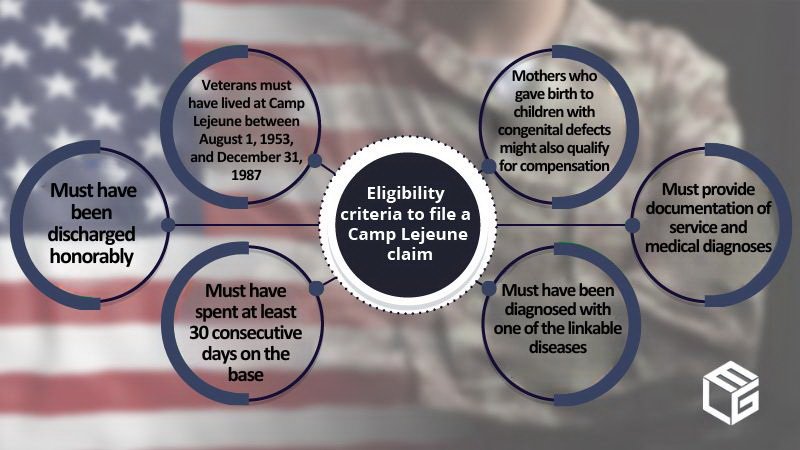Attention: We are no longer taking Camp Lejeune cases!
Studies associate exposure to PCE to laryngeal cancer
Chlorinated solvents have been extensively used on military bases and in various industries. However, their usage has reduced in recent times due to factors such as their toxicity and environmental impact. Some of these solvents have been associated with the development of laryngeal and hypolaryngeal cancers.
PCE was classified as a probable carcinogen chemical in 2012. A comprehensive study published in 2017 found evidence that high exposure to perchloroethylene (PCE) may increase the risk of laryngeal cancer.
The Camp Lejeune military base was greatly contaminated by perchloroethylene, which is also known as tetrachloroethylene. The contamination source was an off-base dry cleaning firm.
According to the model results, perchloroethylene concentration exceeded the current EPA maximum contaminant level in the water supplied from the Tarawa Terrace water treatment plant from November 1957 to February 1987. As time passed, perchloroethylene degraded in the groundwater to trichloroethylene (TCE) and vinyl chloride.
The TCE level at Camp Lejeune was shockingly high
Trichloroethylene (TCE) is a volatile, colorless liquid substance created by chemical synthesis. It was used on military bases as a degreasing solvent for metal equipment.
According to a study, trichloroethylene exposure might also cause cancers of the respiratory system and cancers of the lung, larynx, and pharynx, although more research is required in this respect.
Trichloroethylene is also responsible for other respiratory diseases, such as asthma and chronic bronchitis. Laboratory tests on animals showed that when this chlorinated solvent accumulates in cells, it is cytotoxic and can also cause uncontrollably healthy cell division. TCE degrades slowly and remains in the environment for a long time, passing through soil and accumulating in groundwater as it happened at Camp Lejeune military base, where the trichloroethylene level at Hadnot Point was shockingly high, 280 times higher than the safe limit.
Because this chlorinated solvent was used extensively by the US military to degrease equipment, contaminated soil and groundwater can be found near a number of current and former military bases.


